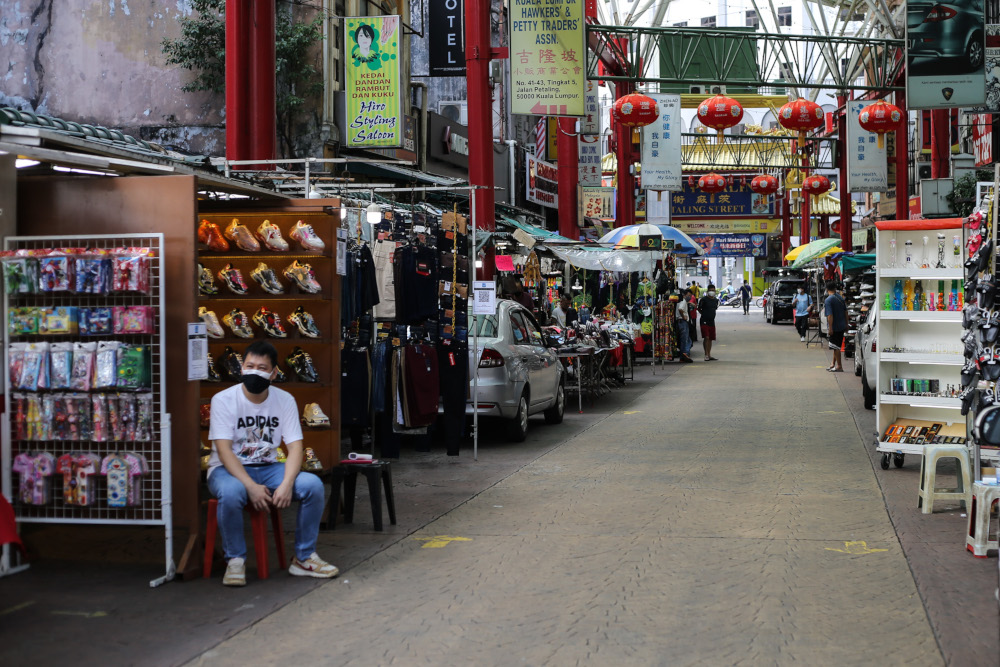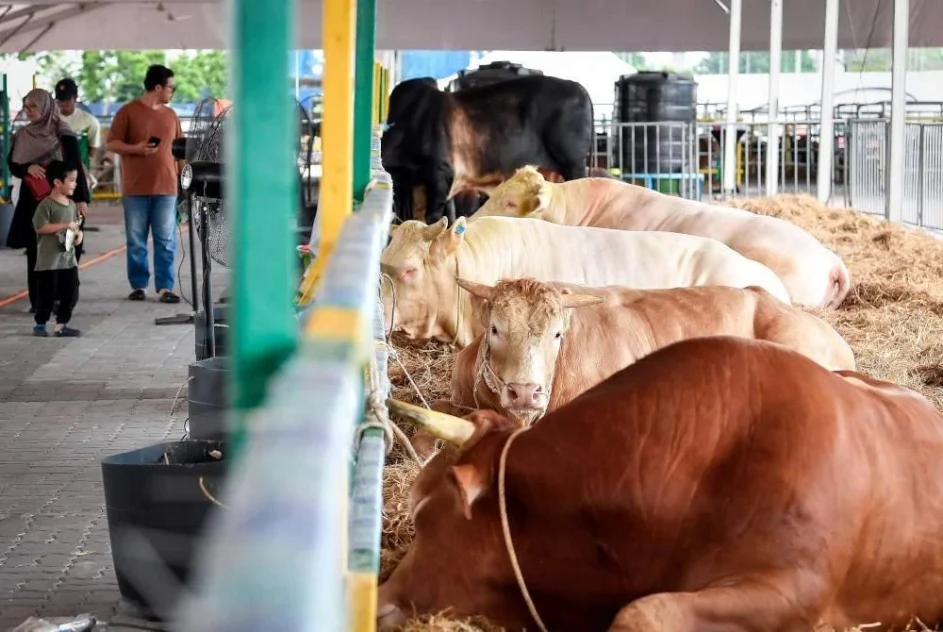SMALL and medium enterprises (SMEs) continue to face low business margin and cashflow limitations despite a general recovery in business, said an association representing over 20,000 SMEs in the country.
This is according to a recent survey by the Small and Medium Enterprises Association (Samenta), where 29% of SMEs that participated in the survey indicated that they have less than two months of cash reserve despite 60% reporting an increase in revenue.
The Samenta Mid-Year Survey took place in September, with over 500 SMEs representing SMEs of all sizes and industries taking part.
On top of low business margin, SMEs are also reporting difficulty in securing financing, with 35% of respondents indicating that they could not secure any financing due to limited collateral, complex application process, high interest rates and a lack of credit history.
According to Samenta national president Datuk William Ng, the number one challenge for SMEs is low business margin due to the continued reliance on manpower, rising costs of raw materials and lack of automation.
“This in turn hurts productivity and profitability. Our SMEs need urgent intervention to help to move up the value chain and focus on activities that will add value and raise productivity,” stressed Ng in a statement today (Oct 9).
“The incessant band-aid in the form of grants will only exacerbate the situation, as SMEs find ourselves becoming even more dependent on aid as our margins shrink.”
In addition to low margins and cashflow limitations, the Samenta Mid-Year Survey has also reaffirmed that the main challenges for SMEs are high input costs, weak domestic demand, a weak ringgit, shortage of skilled workers, and increased regulatory enforcement.
Unsurprisingly, important issues such as environmental, social, and corporate governance (ESG) as well as the recently-ratified Regional Comprehensive Economic Partnership (RCEP) and the Comprehensive and Progressive Agreement for Trans-Pacific Partnership (CPTPP) are low in the priority list of SMEs as they struggle to survive.
“One of the urgent changes needed is a revision of the definition of SMEs. RM50 mil and RM20 mil respectively for manufacturers and services sectors are far too low,” Ng remarked.
“A manufacturer doing RM100 mil in business is likely to face exactly the same challenges as one who’s at RM50 mil. For comparison, in Singapore, an SME is any business with revenue below S$100 mil.”
The association is also appealing to the government to keep or even lower the Overnight Policy Rate (OPR) in view of the weak ringgit and to take more drastic measures to improve the economy and boost investors’ confidence.
“We must not give in to political expediency and avoid politically sensitive decisions such as the reintroduction of a broad-based consumption tax, the reform and rationalisation of subsidies and pensions, and plugging inefficiencies in government expenditures,” Ng noted.
“More must also be done to boost the disposable income of middle-income Malaysians, to stimulate greater domestic spending.
“This is a cry of help from the SMEs. We cannot and must not ignore this, given how our SMEs have answered the call of the government again and again in increasing the minimum wages and in retaining employees during the pandemic.” – Oct 9, 2023
Main pic credit: MalayMail









